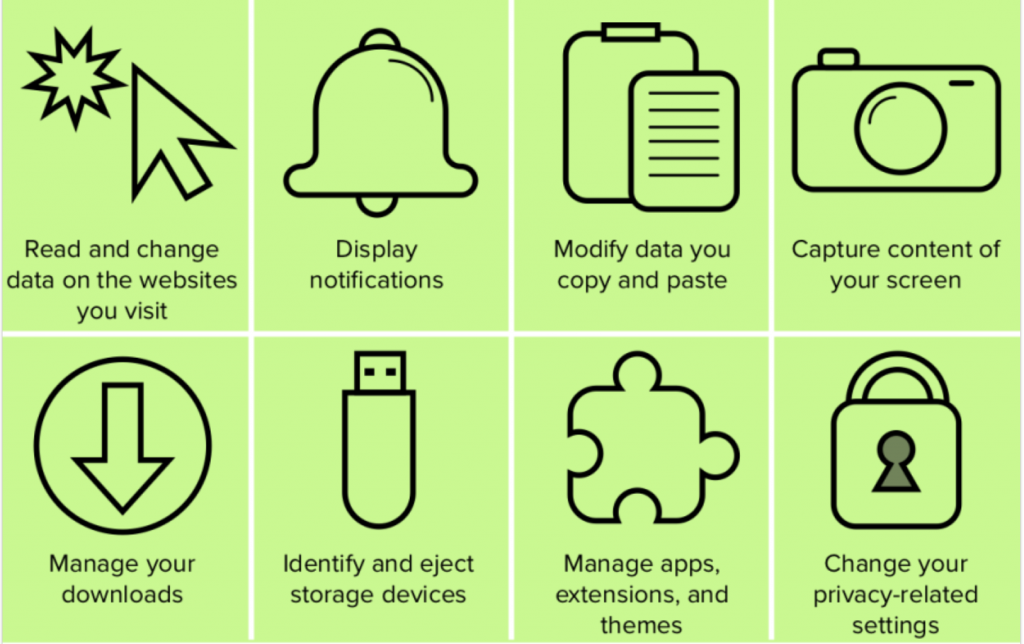
Settings options for the AI platform Proctorio. (Source: Proctorio.com)
700 University of Illinois Students Sign Petition to Stop Using Proctorio
Claiming that the Proctorio online test proctoring system invades their privacy, more than 700 University of Illinois students signed a petition to ban the AI platform, according to a story in the student newspaper, The Daily Illini.
Unlike other similar systems, such as ProctorU, which uses human monitors to watch test-takers in real-time, Proctorio requires access to the student’s computer for surveilling usage. Webcams and microphones must be turned on during testing, so the program can track eye and head movements to look for signs of cheating. The platform can view and capture content from the student’s screen, and also access the student’s downloads and privacy-related settings.
Sameer Khan, a junior in the liberal arts and sciences program, created the petition on Sept. 30 to ask the university to stop using Proctorio because it violates student privacy and pulls data from each computer.
According to Kevin Pitts, Vice Provost for Undergraduate Education, “We’ve been keenly aware of (privacy issues) for some time because we’ve been using online proctoring in our fully online courses for some time,” he said, referring to the use of other platforms such as ProctorU and Computer-Based Testing Facility.
Pitts argues that the company is “extremely limited” as to what it can do with the data collected because Proctorio adheres to the Family Educational Rights and Privacy Act, a federal law that protects the privacy of student education records.
Khan said he thinks testing should be more conceptual and on an honor system. He took his economics test with a borrowed laptop because he didn’t want to share his information. Pitts said the university wants to test on knowledge absorbed by the students.
Proctorio is used by numerous large universities on the same scale as University of Illinois, including the University of South Florida, the University of Iowa, The Ohio State University, Duke University, Columbia University, Louisiana State University, Texas Tech University and the University of Washington. Universities also use the platform to identify plagiarism and confirm student identities.
The website for the platform claims that no personal information is sold.
read more at dailyillini.com







Leave A Comment